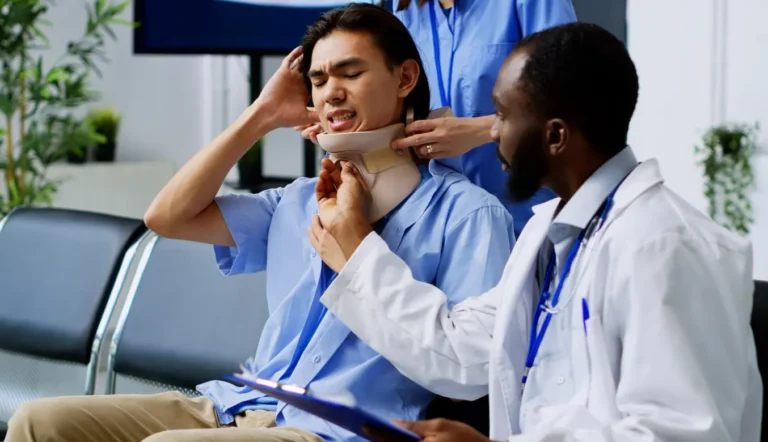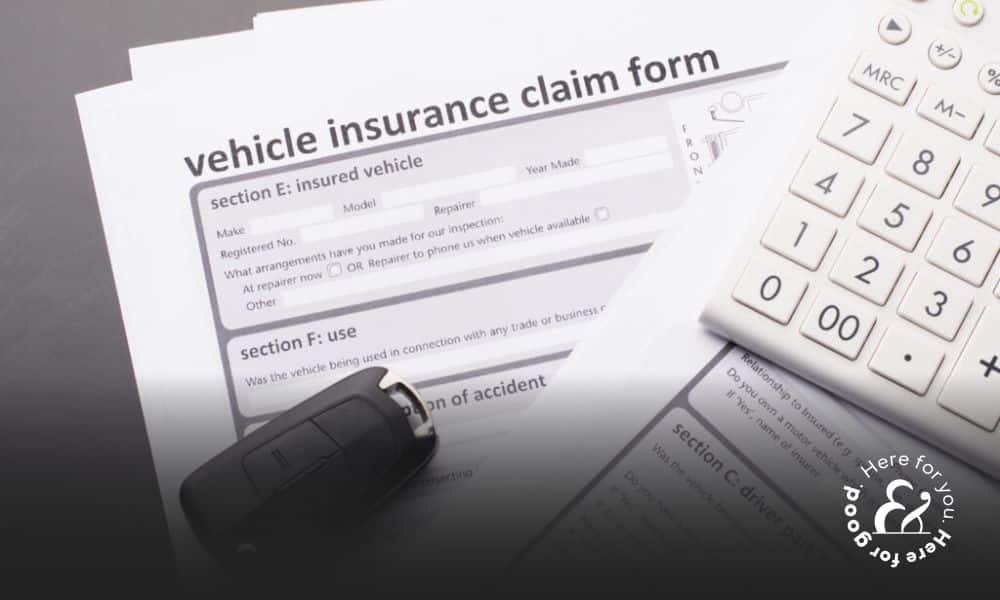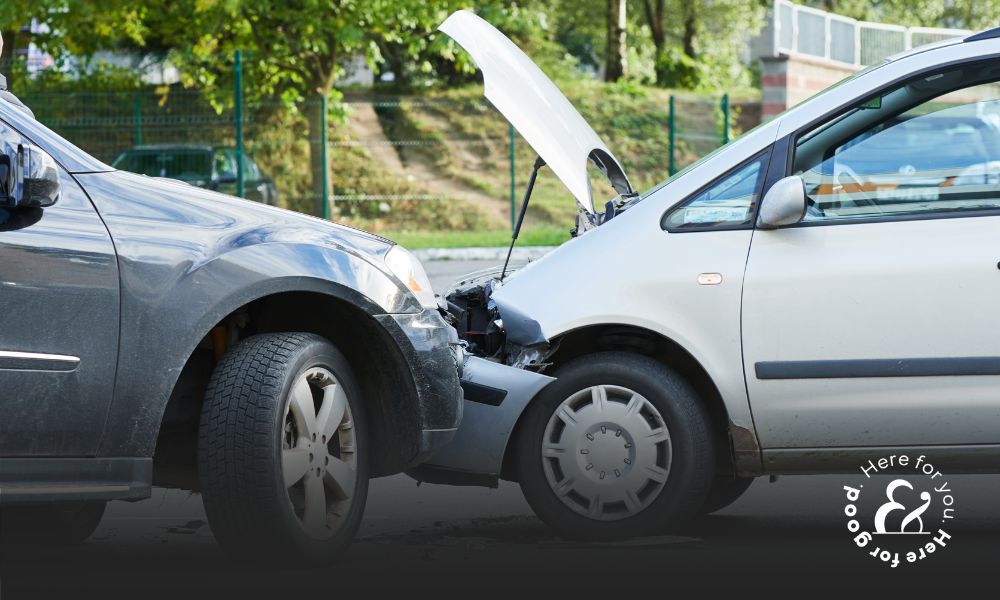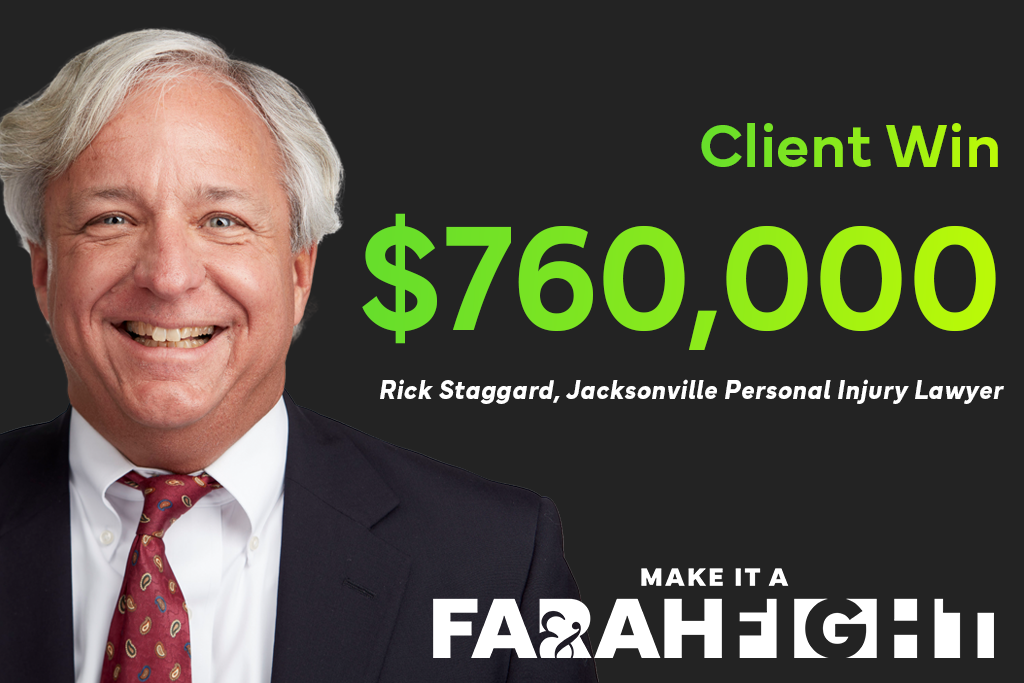Car accidents can lead to significant injuries and damages, often resulting in expenses far beyond what most people can afford. In some cases, the total cost of medical bills, lost wages, and property damage may exceed the at-fault driver’s insurance policy limits. When this happens, many accident victims are left wondering: Who pays the damages that exceed the policy limits?
What Are Insurance Policy Limits?
Car insurance policies have coverage limits, which is the maximum amount the insurance company will pay after a car accident. For example, in Florida and Georgia, drivers are legally required to carry a minimum amount of liability coverage:
Florida (A No-Fault State):
- $10,000 in Personal Injury Protection (PIP)
- $10,000 in Property Damage Liability (PDL)
Georgia (An At-Fault State):
- $25,000 per person for bodily injury)
- $50,000 per accident for bodily injury
- $25,000 for property damage
However, these coverage limits can sometimes be far less than the actual costs of a serious accident. For example, if you’ve been injured in a car crash requiring hospitalization or ongoing treatment, medical expenses alone can easily exceed policy limits.
What Happens if a Claim Exceeds Policy Limits?
If the at-fault driver’s insurance policy doesn’t fully cover your damages, you’re not out of options. The first step should be to contact a personal injury lawyer who can help you to explore the possibilities with you. Whether that’s appealing a claim denial or seeking out other liable parties, an attorney can not only provide guidance but in many cases can pursue these options on your behalf.
#1: File a Claim Under Your Own Insurance Policy
In some cases, your own insurance policy can help cover the difference, depending on the coverage you have:
Uninsured/Underinsured Motorist Coverage (UM/UIM):
This coverage steps in when the at-fault driver’s insurance isn’t enough to compensate for your damages. UM/UIM is optional in both Florida and Georgia, but it can be an excellent idea to have it in order to protect yourself.
Personal Injury Protection (PIP):
In Florida, PIP insurance covers a portion of your medical expenses and lost wages, regardless of who caused the accident.
Depending on the circumstances of the accident and your insurance policy, making a claim against your own insurance may not be ideal, in case it drives your rates up.
#2: Explore Other Liable Parties
In some accidents, multiple parties may share responsibility for your injuries. For example:
- If the at-fault driver was on the job, their employer may be held liable.
- If a vehicle defect contributed to the accident, the manufacturer could be responsible.
- If poor road conditions caused or worsened the crash, a government entity might be liable.
We carefully investigate every aspect of your case to identify all responsible parties and maximize your compensation.
#3: Pursue the At-Fault Driver Personally
If insurance coverage is insufficient, you can pursue the at-fault driver directly by filing a personal injury lawsuit. This allows you to seek compensation from their personal assets to cover your damages. While this option depends on the driver’s ability to pay, it can provide an avenue for additional recovery.
#4: Negotiate Medical Bills and Liens
When insurance limits fall short, and medical bills exceed policy limits, it can seem impossible to manage. Your attorney may be able to negotiate with medical providers on your behalf to reduce your bills or put a payment plan in place. If there are medical liens (claims from health insurance providers seeking repayment) your attorney may, in some cases, be able to address those as well.

If you were injured in an accident due to someone else’s negligence, Farah & Farah is here for you. We’ve relentlessly fought for the right to compensation for our clients and their families since 1979.
Why You Need an Attorney for Complex Claims
Navigating an insurance claim after an accident can be confusing and frustrating at the best of times. While we generally recommend hiring an attorney for even the initial claim filing, many people start out handling it by themselves. However, many discover that having an attorney on their side if their case becomes more complicated. Here are some ways in which we can help:
Investigating All Sources of Compensation
We’ll look beyond the at-fault driver’s policy to identify other insurance coverage or liable parties. In some cases, the other driver’s employer, those in charge of keeping roads maintained, or even a car manufacturer may be liable because their negligence contributed to the accident.
Negotiating With Insurance Companies
Insurance companies may try to settle for less than you deserve, especially when limits are involved. We fight to maximize your recovery. This is why we recommend involving an attorney from the start, to hold insurance companies accountable for paying the full amount that they owe instead of trying to lowball their policyholders.
Filing a Lawsuit if Necessary
If negotiation doesn’t lead to a fair outcome, we’ll take your case to court to pursue the compensation you need. A lawsuit may sound intimidating, but we’ll be there with you every step of the way and in some cases, it’s the only way to hold those who are liable for the accident accountable.
Protect Yourself Before an Accident Happens
While you can’t predict an accident, you can take steps to protect yourself in the event of one. The first step is to review your insurance policies and make sure that you are adequately covered. It may be a good idea to have an uninsured motorist policy, for example. If an accident does occur, make sure to document everything, from medical bills to photographic evidence of the accident to prove who was at fault, and avoiding posting anything on social media about the accident.
We’re Here To Help You Move Forward
If you’ve been in an accident and the costs exceed insurance policy limits, don’t lose hope. At Farah & Farah, we’re dedicated to helping you navigate the legal process and get the compensation you deserve. This may feel like one of the hardest times in your life, but you don’t have to face it alone. Let us make it a Farah Fight so you can focus on healing and rebuilding. Contact us today for a free consultation. We’ll listen, answer your questions, and create a plan to help you move forward with confidence.











